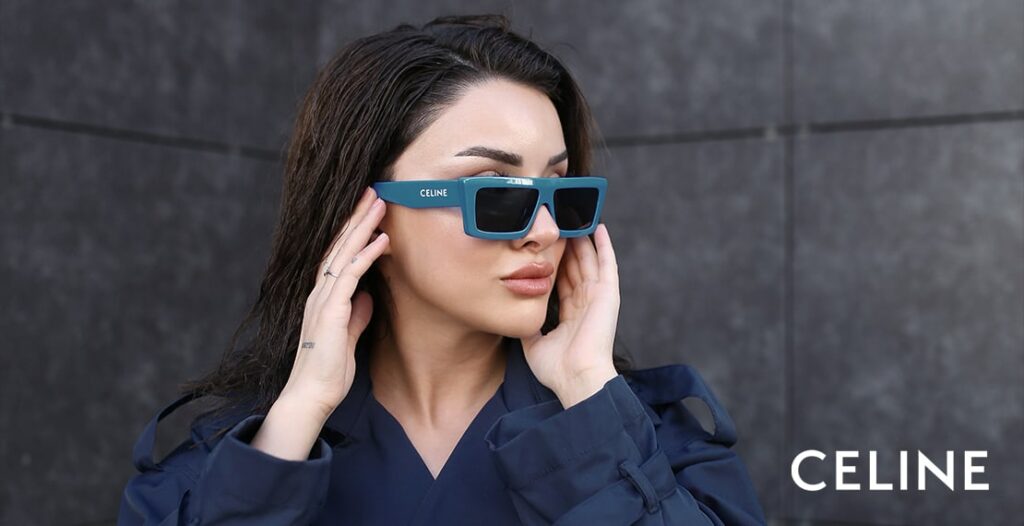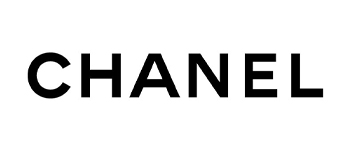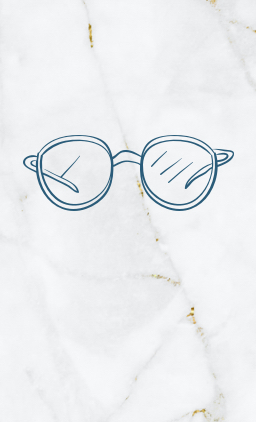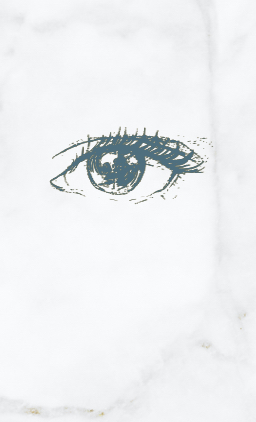Supporting Clearer Vision
Myopia (nearsightedness) is a common refractive error that affects the eye’s ability to see far objects clearly. Nearsightedness will normally develop during childhood and worsen over time if not controlled.
For children, it’s important to control myopia early, before their prescription continues to increase. A high prescription is not only frustrating to deal with, it increases the risk of certain eye diseases as patients age.
If your child has been experiencing the symptoms of myopia or is currently nearsighted, visit our practice to take action and control.



What is Myopia?
Myopia is caused when the shape of your eye causes images to focus in front of your retina instead of on it. It’s normally the case that the eyeball is too long or the cornea is curved too steeply. This irregular shape forces light rays entering the eye to focus in the wrong area.
While normal glasses lenses can correct a patient’s vision, they aren’t stopping myopia from progressing. Proper myopia control methods need to be used to stop a patient’s prescription from worsening.
Common symptoms of myopia include:
- Blurred vision when looking at distant objects
- Squinting or partially closing eyelids
- Headaches caused by eyestrain
- Difficulty seeing while driving (especially at night)
Our Control Methods
To slow the progression of myopia, we offer our patients a variety of methods. These are designed to work for patients of all ages and fit comfortably into their day-to-day routines.
MiSight® 1 Day Contact Lenses
MiSight® 1 Day contact lenses are designed for children and are easy to use. The lenses are for single-day use and are proven to slow the progression of myopia. Wearing these lenses at a young age can potentially help children not have higher prescriptions as they age, preventing the risk of eye diseases.
Bifocal Contact Lenses
Bifocal lenses or multifocal lenses are contact lenses with multiple layers, helping eyes with myopia see clearly at all distances. As these contacts limit an eye’s need to strain to see far objects, they help to limit the progression of myopia for patients.
Bifocal and multifocal contacts are typically given to older patients to correct their vision, however, they may be given to children to help limit their eyes from growing too long.
CRT
Corneal refractive therapy (CRT) is a control method that involves gently reshaping a patient’s cornea. This is normally done with ortho-k contact lenses. For this adjustment to happen, patients will normally wear these contact lenses when they sleep and take them out in the morning, enjoying clearer vision throughout the day. CRT has also been proven to slow the progression of myopia as patients age.
Bifocal Eyeglass Lenses
Bifocal lenses, or multifocal lenses, have multiple lens powers in one lens. Bifocals have been shown to slow the progression of myopia in children. Wearing spectacle lenses can both correct and control myopia at the same time.
Assisting Vision From a Young Age
If you or your child is suffering from myopia, visit our practice to learn more about control methods and how we can help!
Find Us In Dallas

Wanna see what
we’re all about?
Our office is on the northwest corner of Prestonwood Boulevard and Beltline Road near the Panera Bread.
Our Address
- 15123 Prestonwood Blvd, Ste 120
- Dallas, TX 75248
Contact Information
- Phone: 214.253.2000
- Fax: 214-253-2478
- Email: info@visionveritaseyecare.com
Hours of Operations
- Monday: 9:00 AM – 6:00 PM
- Tuesday: 10:00 AM – 7:00 PM
- Wednesday: 9:00 AM – 6:00 PM
- Thursday: 9:00 AM – 6:00 PM
- Friday: 9:00 AM – 5:00 PM
- Saturday: Closed
- Sunday: Closed
Our Eye Care Services
Our Brands














